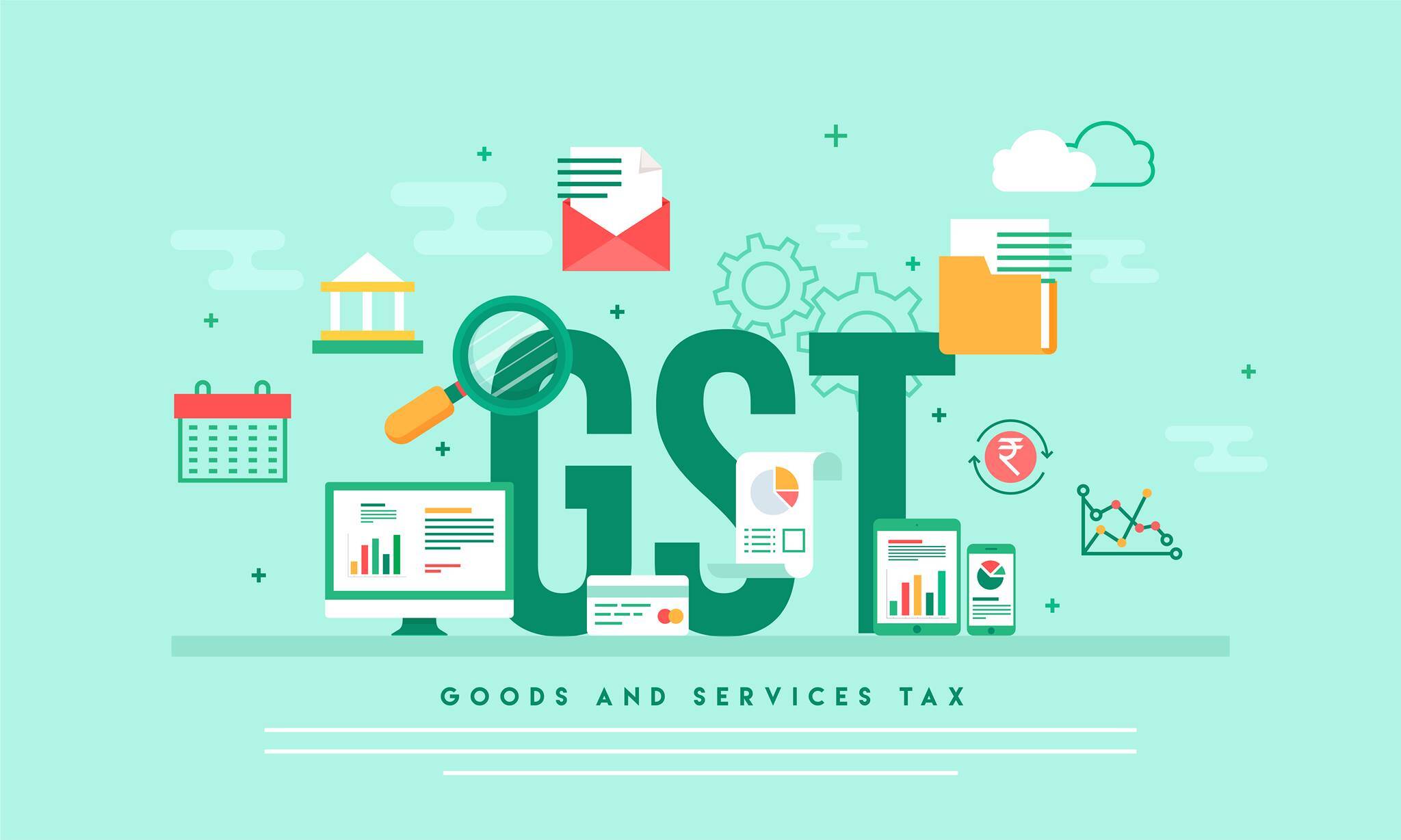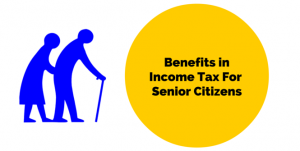The current financial year 2019-20 is closing on 31st March as usual and the new financial year 2020-21 is starting from today (April 1). In view of the lockdown to check the spread of corornavirus, the government had earlier extended the deadline for filing income tax returns for 2018-19 as well as that for linking PAN with Aadhaar by three months to June 30. Here are some changes in income tax rules that will come into effect from April 1, 2020, as announced in Budget 2020:
1) New tax slabs, as announced in Budget 2020, will come into effect. However, the old tax slabs will also remain in effect, giving a choice to the individual to opt between the two.
Under the new tax rates announced in Budget, there is zero tax for income up to 2.5 lakh; 5% for income between 2.5 lakh and up to 5 lakh; 10% for income between 5 lakh and up to 7.5 lakh; 15% for income between 7.5 lakh and up to 10 lakh; 20% for income between 10 lakh and up to 12.5 lakh; 25% for income between 12.5 lakh and up to 15 lakh; 30% for income above 15 lakh.
But under this new lower tax rates, the individual will have to give up on a lot of deductions that could help reduce taxable income like standard deduction, the popular deductions under Section 80C, exemptions on house rent allowance, leave travel allowance (LTA) and the deduction on interest paid on home loans. Tax experts say whether an individual should choose the new tax regime or the old one depends on a case to case basis.
“The alternative tax regime will benefit relatively the young taxpayers as they would not be committed much to expenditures like insurance, tuition fees of children, etc. The same could also be said for senior citizen taxpayers as well. Availability of NPS deduction under both the options will certainly continue to give it a boost. The relief to startups for deferment of tax on ESOPs will certainly help ease cash flow issues for their employees on receipt of ESOP,” said Sandeep Sehgal, director of tax and regulatory at Ashok Maheshwary & Associates LLP.
2) Dividends received from mutual funds and domestic companies will be taxable at the recipients hands. For example, dividends the recipients will earn from their mutual fund investments will be taxed at their slab rates. Earlier, the dividend was tax-free in the recipients hands but the mutual funds deducted a dividend distribution tax (DDT) at a rate of 11.2% for equity-oriented funds and 29.12% for debt-oriented funds.
The new tax regime from April 1 increases the tax burden on investors in higher tax brackets, while lowering it for people in low tax brackets. However, it is to be noted that TDS or tax deduction at source at the rate of 10% will be levied if the dividend received by an investor in a financial year exceeds 5,000.
3) If the employer’s contribution exceeding 7.5 lakh in a year towards NPS, superannuation fund and EPF, it will taxable in the hands of the employee. This change in income tax rule will be applicable in both the old and new tax regime.
It should be noted that if an individual opts for the new tax slabs, he can still claim income tax deduction on employer contribution towards employee’s NPS account. If your employer is contributing towards your NPS account, a deduction of up to 10% of salary (basic + DA) irrespective of any limit qualifies for income tax deduction under Section 80 CCD(2). Central government employees enjoy a higher limit of 14% of the salary. For others, the limit is 10%.
4) For those who are buying house for the first time and if the value is up to 45 lakh, the government has extended the date for availing additional tax benefit by a year to March 31,2021. House owners who have taken loans to purchase homes up to 45 lakh will be eligible to claim an additional tax deduction of 1.5 lakh on interest in addition to the existing deduction of 2 lakh.
Earlier, this deduction was allowed on housing loans sanctioned on or before March 31, 2020.
5) In a relief to employees of startups, the new tax regime from April 1 allows deferment of tax payment on shares allotted to them under ESOPs or employee stock ownership plan. The new tax regime, from April 1, has deferred the tax payment from the exercise date to 48 months after exercise, cessation of employment or sale of shares, whichever is earliest.
Currently, ESOPs are taxable when the vested options are exercised by the employees


